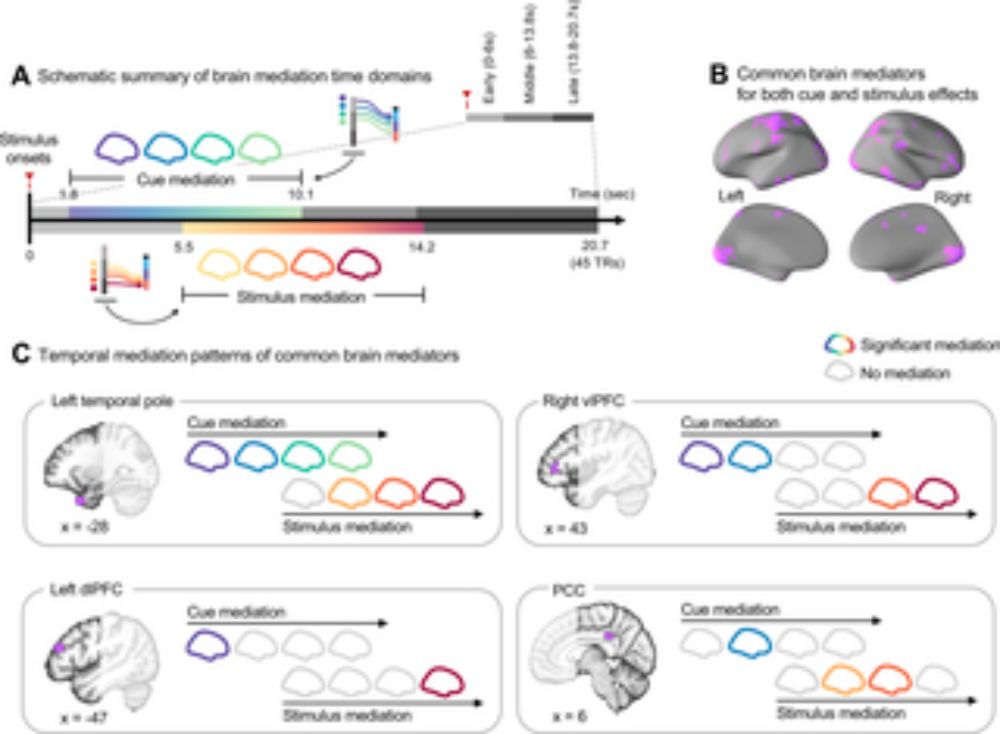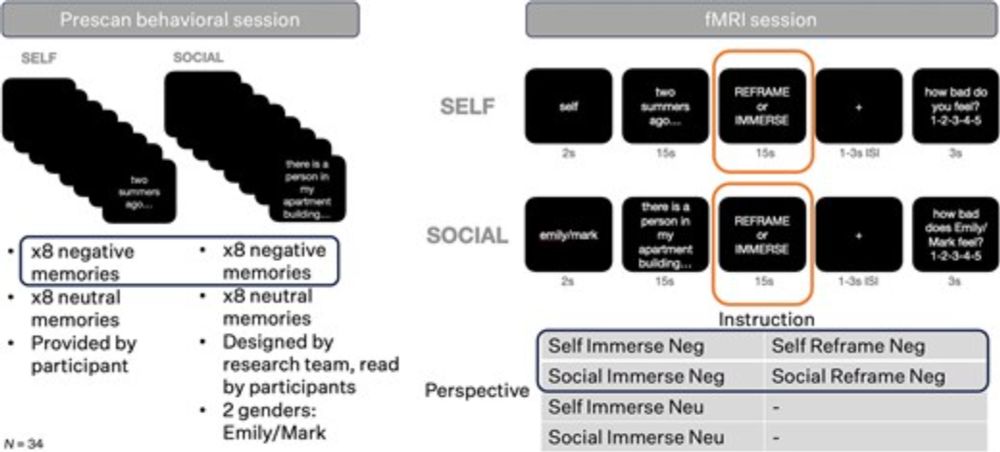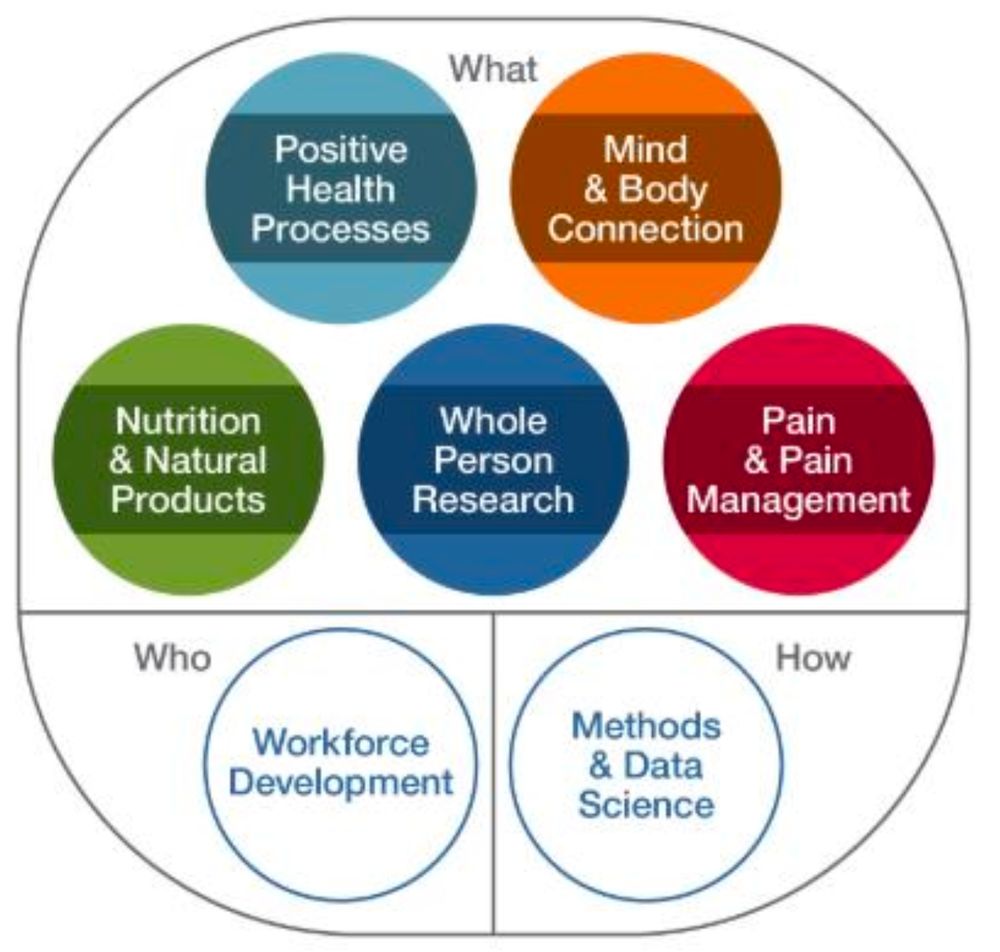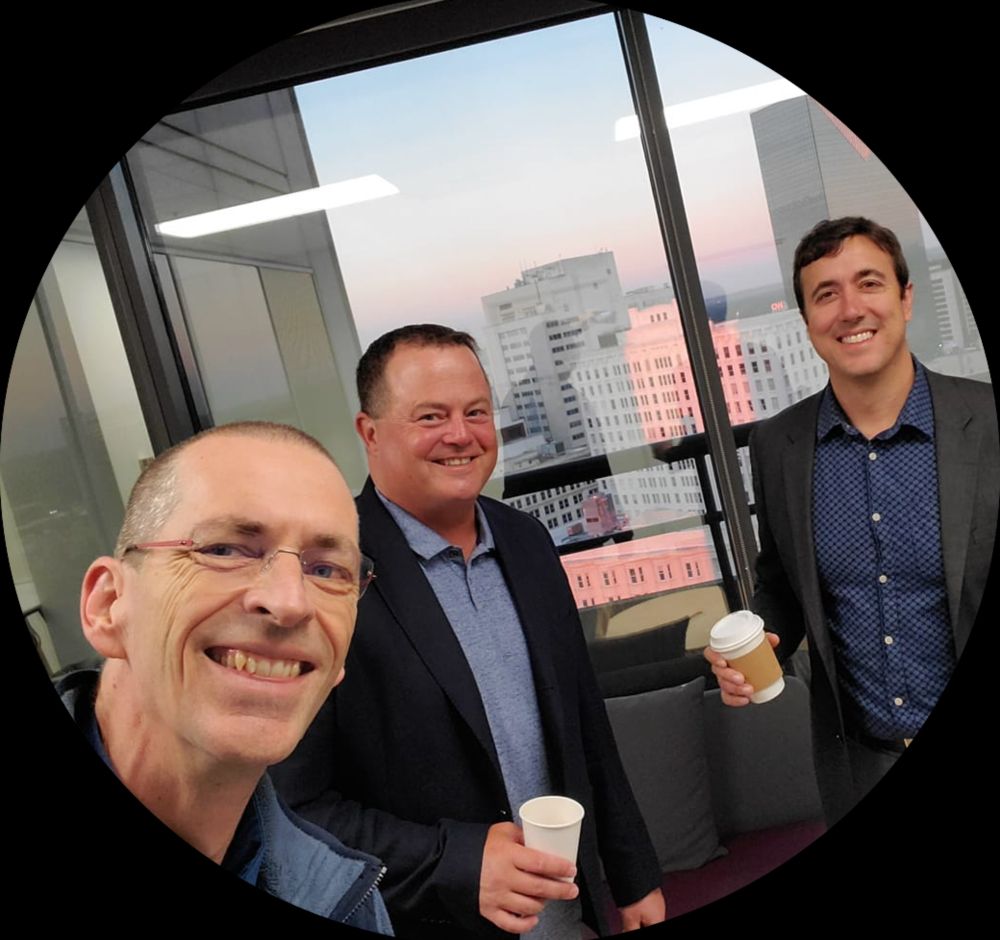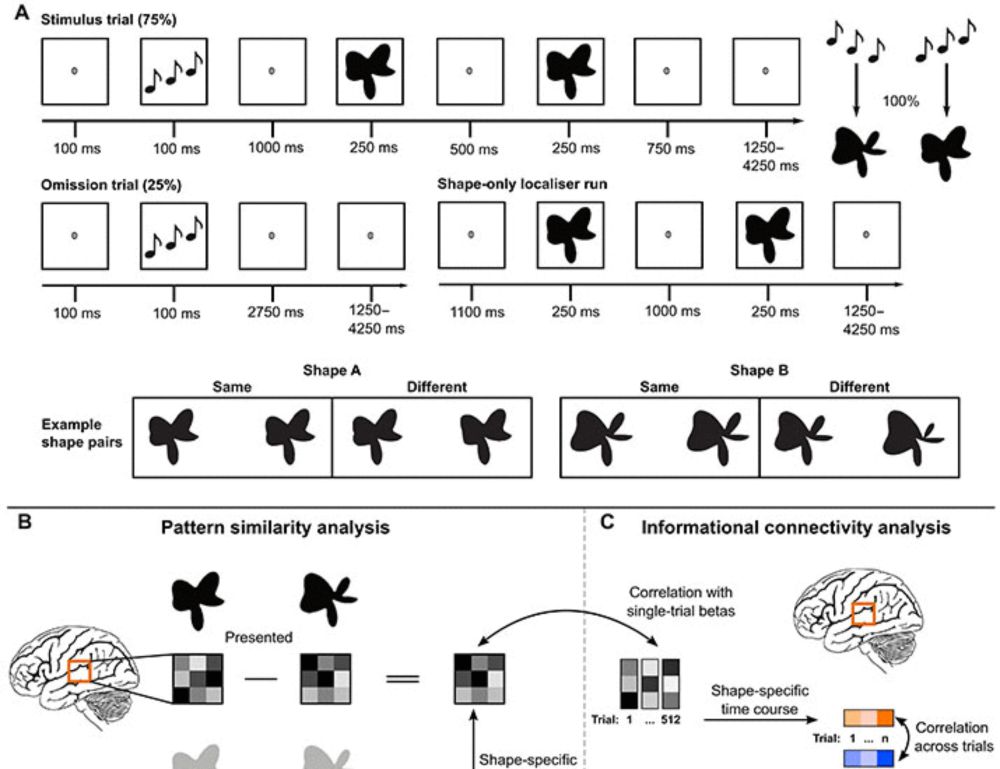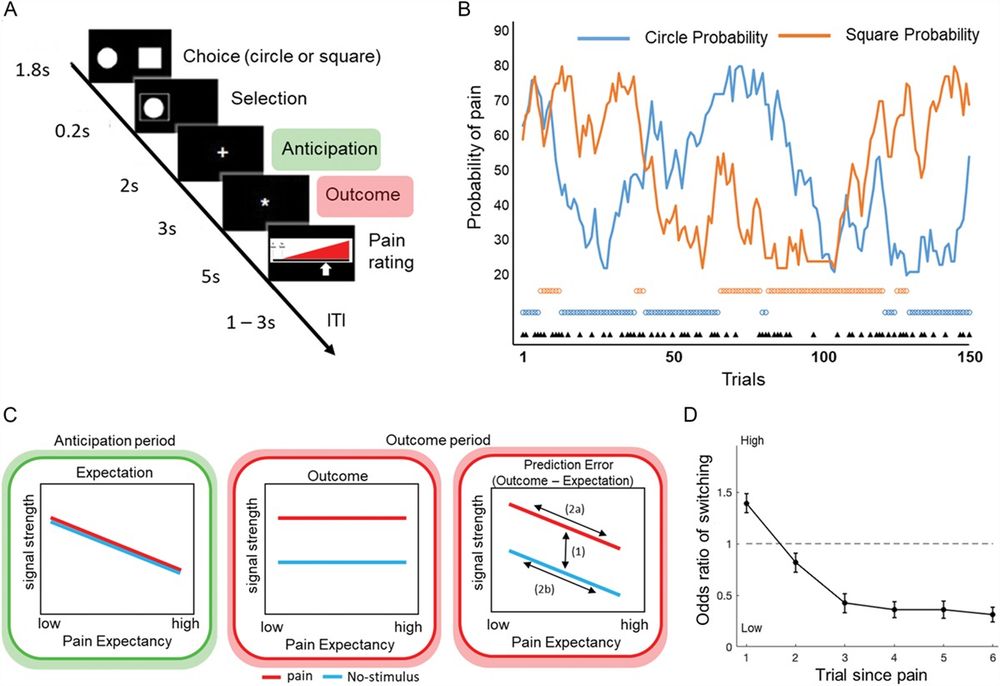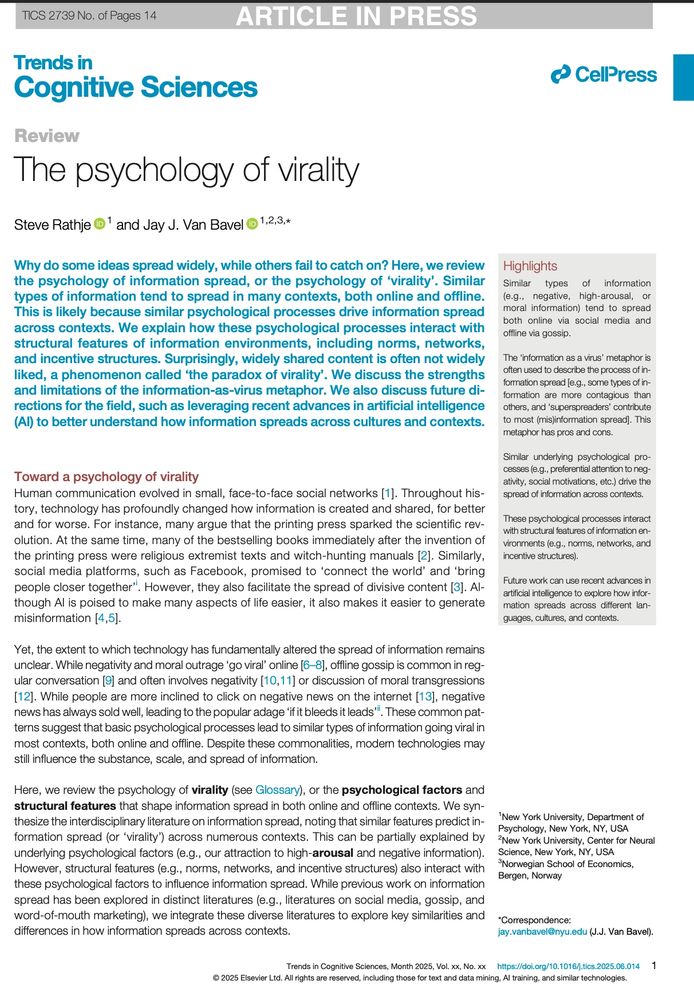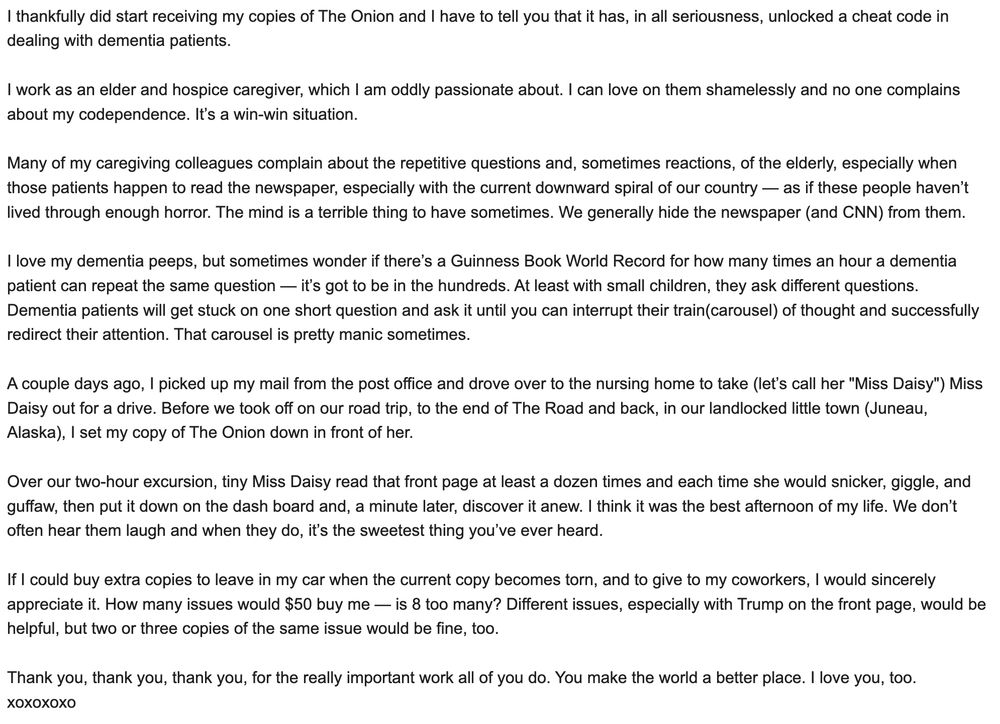tor
@torwager.bsky.social
730 followers
440 following
43 posts
On a sojourn in the Wild West, in passage from this frame to the next. (Also, Prof. of Psychological and Brain Sciences at Dartmouth)
Posts
Media
Videos
Starter Packs
Reposted by tor
Nicole Rust
@nicolecrust.bsky.social
· Sep 5

Emotion research has a communication conundrum
In 2025, the words we use to describe emotions matter, but their definitions are controversial. Here, I unpack the different positions in this space and the rationales behind them—and I invite 13…
www.thetransmitter.org
Reposted by tor
Reposted by tor
Reposted by tor
Reposted by tor
Reposted by tor
Akira Miyake
@amiyake.bsky.social
· Jul 22
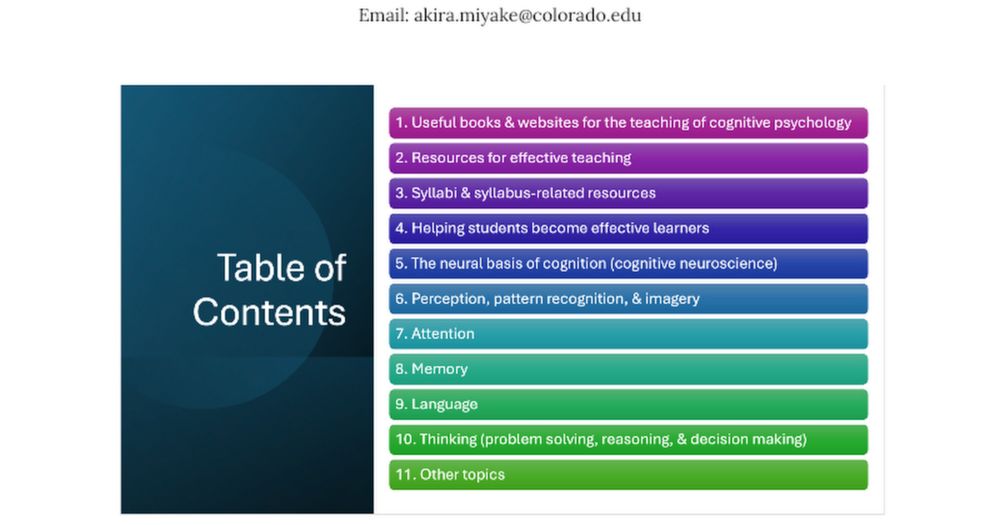
Teaching Resources for Cognitive Psychology
CURRENTLY UNDER DEVELOPMENT (Last updated: June 27, 2025, 10) PLEASE SHARE YOUR FAVORITE TEACHING RESOURCES! Teaching Resources for Cognitive Psychology Assembled by: Akira Miyake University of Colo...
docs.google.com
Reposted by tor
Laura Dugué
@lauradugue.bsky.social
· Jul 23
Reposted by tor
Reposted by tor
tor
@torwager.bsky.social
· Jul 23
Reposted by tor
Ole Goltermann
@olegolt.bsky.social
· Jul 22

Concern About Predictive Performance of a Pain Sensitivity Biomarker
To the Editor Chowdhury et al1 evaluated a biomarker for pain sensitivity, combining peak alpha frequency and corticomotor excitability. The authors report outstanding performance (validation set area...
jamanetwork.com
Reposted by tor
Reposted by tor
Nicole Rust
@nicolecrust.bsky.social
· Jul 2
tor
@torwager.bsky.social
· Jul 2

How our expectations change what we feel and see
This study explores how our expectations influence what we feel and see. We asked participants to predict how painful or visually intense an upcoming stimulus would be based on cues that they believed...
link.growkudos.com
tor
@torwager.bsky.social
· Jul 2

How our expectations change what we feel and see
This study explores how our expectations influence what we feel and see. We asked participants to predict how painful or visually intense an upcoming stimulus would be based on cues that they believed...
link.growkudos.com
Reposted by tor
tor
@torwager.bsky.social
· Jun 10
Reposted by tor




